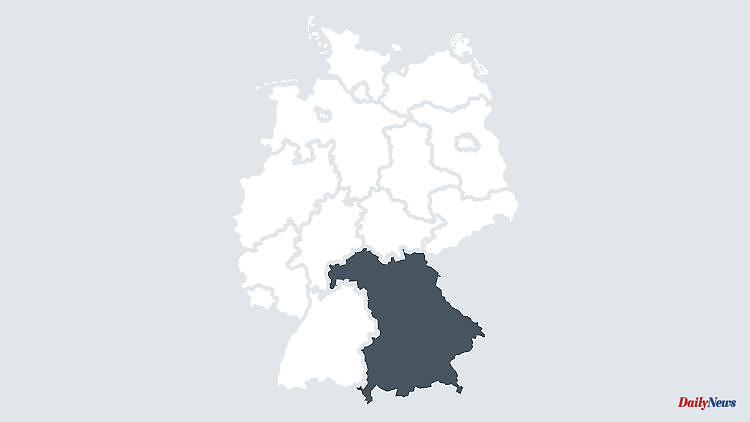Passau/Munich (dpa/lby) - A new climate-neutral data center is to be built at the University of Passau by the end of 2024. The project called "Bavarian Green Data Center" supported by the Bavarian Digital Ministry provides for a photovoltaic system on the roof of the data center to supply the necessary energy for the servers.
The growing demand for computing power has led to steadily increasing energy consumption in data centers for years. The annual energy requirement of German data centers was around 16 billion kilowatt hours in 2020 - compared to around 10 billion kilowatt hours in 2010.
Since most of the energy in data centers is lost as waste heat, one of the focal points of the concept is the subsequent use of waste heat. It is to be used for the cultivation of CO2-absorbing plants in a greenhouse connected to the building, the ministry announced on Tuesday in Munich.
The aim is to explore the possibilities of setting up data centers, their energy consumption and the use of their waste heat in such a way that they can work in a climate-neutral or even climate-positive manner. The exact cost plan has not yet been determined.
"We have to significantly reduce our energy consumption. This also and especially applies to the use of IT and the constantly growing need for computing capacity," said Digital Minister Judith Gerlach (CSU). The new lighthouse project is good for the climate and for the digital transformation.
The "Bavarian Green Data Center" is to be built at the site next to the university's sports center. Among other things, research is to be carried out into whether and how carbon dioxide can be saved through intelligent planning of the computing load for artificial intelligence servers and how much CO2 absorption is possible through different planting.
The university already has relevant experience. For around 30 years, it has been using its waste heat and technology for regenerative energy generation in order to make heating, cooling and ventilation sustainable. In addition, there is initial experience with innovative urban gardening models and established structures in the field of sustainability.












